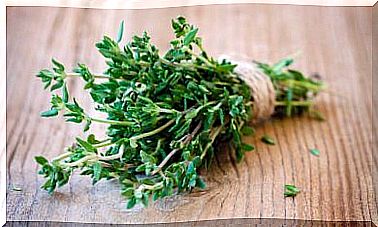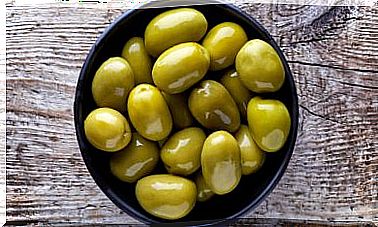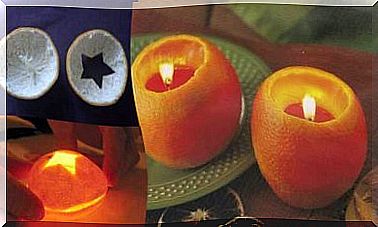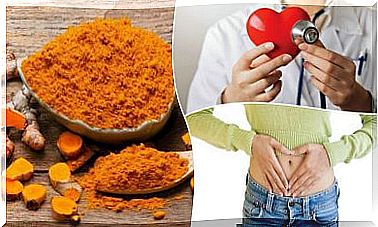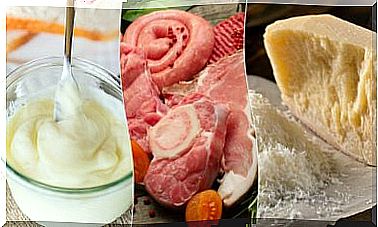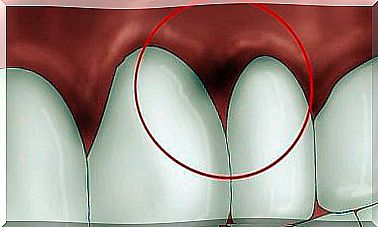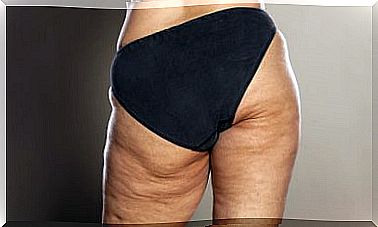Sports Drinks: Types, Functions And Recipes
After a training routine, it is important to rehydrate. However, not all drinks are valid for this purpose. Which is the best option? You have to consider the duration and intensity of the exercise.
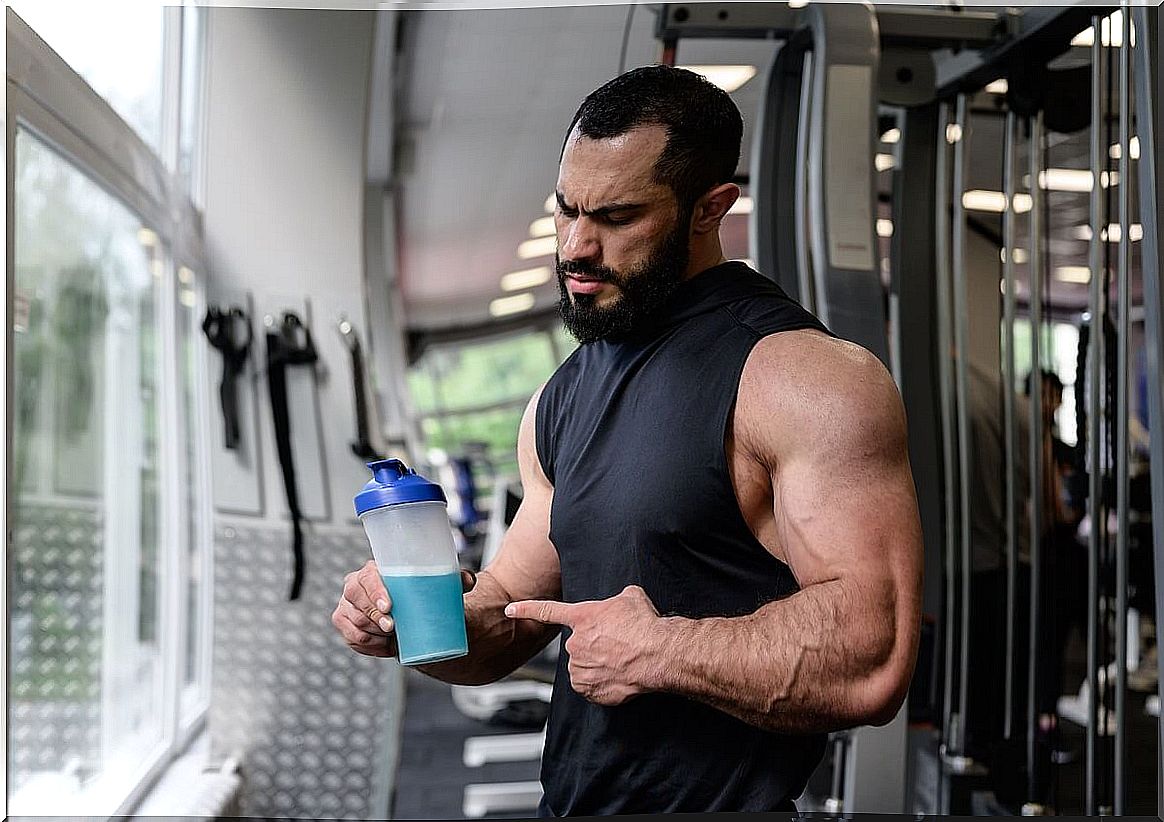
Sports drinks have become popular as the best alternative to rehydrate during and after a physical training routine. Due to their composition – which includes water, carbohydrates and micronutrients – they allow to replace fluids and minerals that are lost through sweat.
However, there are different presentations, and not all have the same function. While some formulas are sufficient for beginning athletes, others contain everything necessary for high-performance athletes. How to choose the most suitable one? Find out!
Importance of hydration in sport
First of all, it is worth remembering the importance of hydration in sports practice. As an article published in Nutrition Reviews explains , water comprises between 50% and 75% of body composition. In addition, it is essential for cellular homeostasis and for life.
Because of this, constant rehydration is essential, especially in situations where the presence of fluid in the body decreases, such as training. 2% dehydration is enough for physical performance to be affected. In addition, symptoms such as muscle weakness, cramps, and headaches may occur.
Therefore, it is essential to ensure optimal fluid intake before, during and after training. While needs vary from person to person, the general recommendation, based on data from the National Academies of Sciences, Engineering, and Medicine , is as follows:
- 2.7 liters for adult women.
- 3.7 liters for adult men.
A nutrition professional can help determine more precisely, based on individual characteristics. Factors such as age, level of physical activity and general health define this need. But is it necessary to rehydrate with sports drinks?
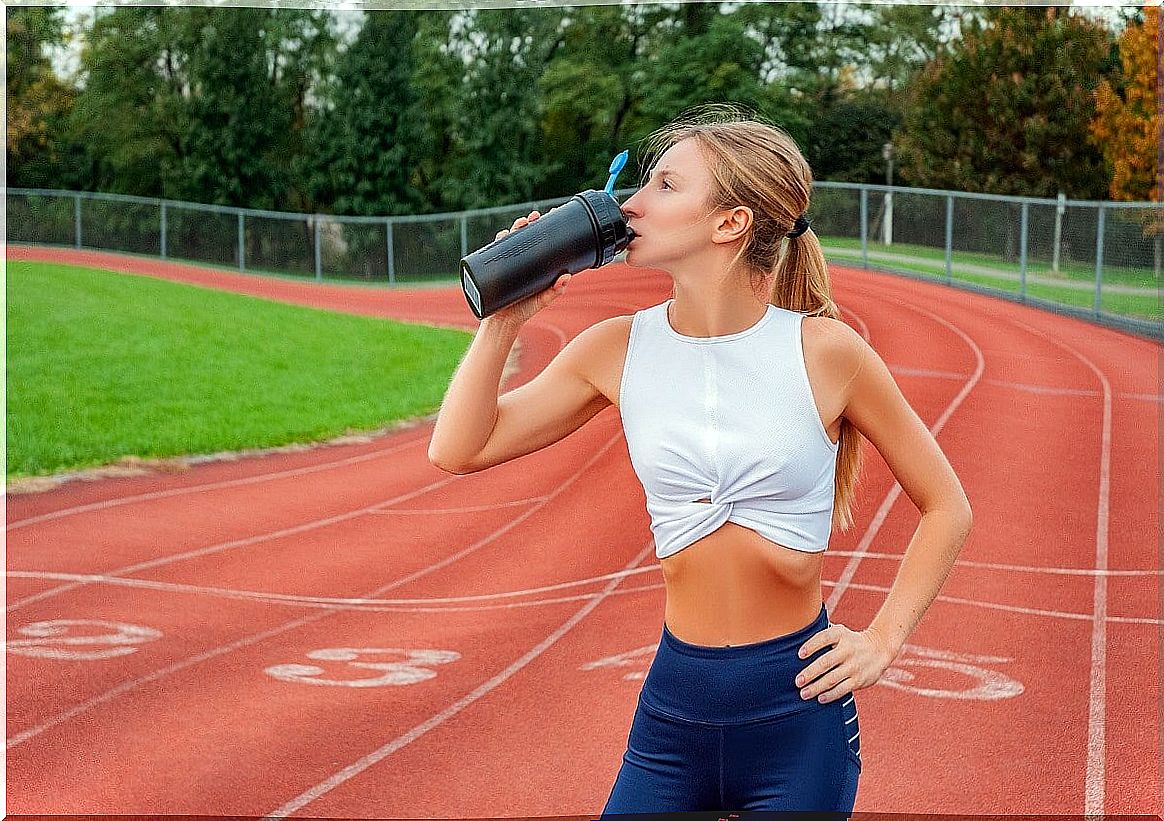
Sports drinks: everything you need to know
Sports drinks are also known as “functional drinks”. They are made from water, with a mixture of carbohydrates and electrolytes whose function is to avoid dehydration during and after demanding workouts.
Today they are available ready-to-drink, effervescent tablets, or powders. They can even be made with homemade recipes. However, you have to know how to choose the most appropriate for each need. In this sense, we find the following types:
- Hypotonic
- Isotonic.
- Hypertonic
In general, in addition to water, they contain electrolytes such as sodium and potassium. Also trace amounts of zinc, magnesium, calcium, iron, and copper. Its main difference has to do with the total carbohydrate content. It is estimated that a standard drink contains between 6% and 8% of this macronutrient, which corresponds to about 14 grams. Which one should you choose?
Hypotonic drinks
The composition of hypotonic drinks includes a minimum concentration of carbohydrates and salt. They are recommended for beginner athletes, whose routines do not exceed one hour. They are ideal to quench the feeling of thirst before, during and after training, as they rehydrate the body in a short time.
As if that were not enough, a study published in the Journal of Nutritional Science and Vitaminology concluded that these drinks manage to attenuate some inflammatory responses to exercise. The options can be the following:
- Mineral water.
- Coconut water.
- Cold infusions.
- Alcohol-free beer.
Isotonic drinks
Information published in the American College of Sports Medicine (ACSM) suggests that sports drinks help to replace fluids, electrolytes and energy in those who train for more than one hour and less than three hours.
Its composition of salt and sugars is similar to that of the body. In particular, they are ideal for high-resistance or high-intensity interval exercises. Some examples are the following:
- Commercial isotonic drinks. You can consult them in this publication of the Association of Health and Food Professionals.
- Mix of juices and sparkling mineral water.
Homemade recipe
- 1 orange
- 1 lemon
- 15 g of honey
- 1.5 g of salt
- 1 pinch of baking soda
- 300 g of mineral water
To start, peel the orange and lemon. If they have seeds, remove them. Then, put the chopped fruits in the blender and blend for a few minutes. Next, add the rest of the ingredients and beat until they are well integrated.
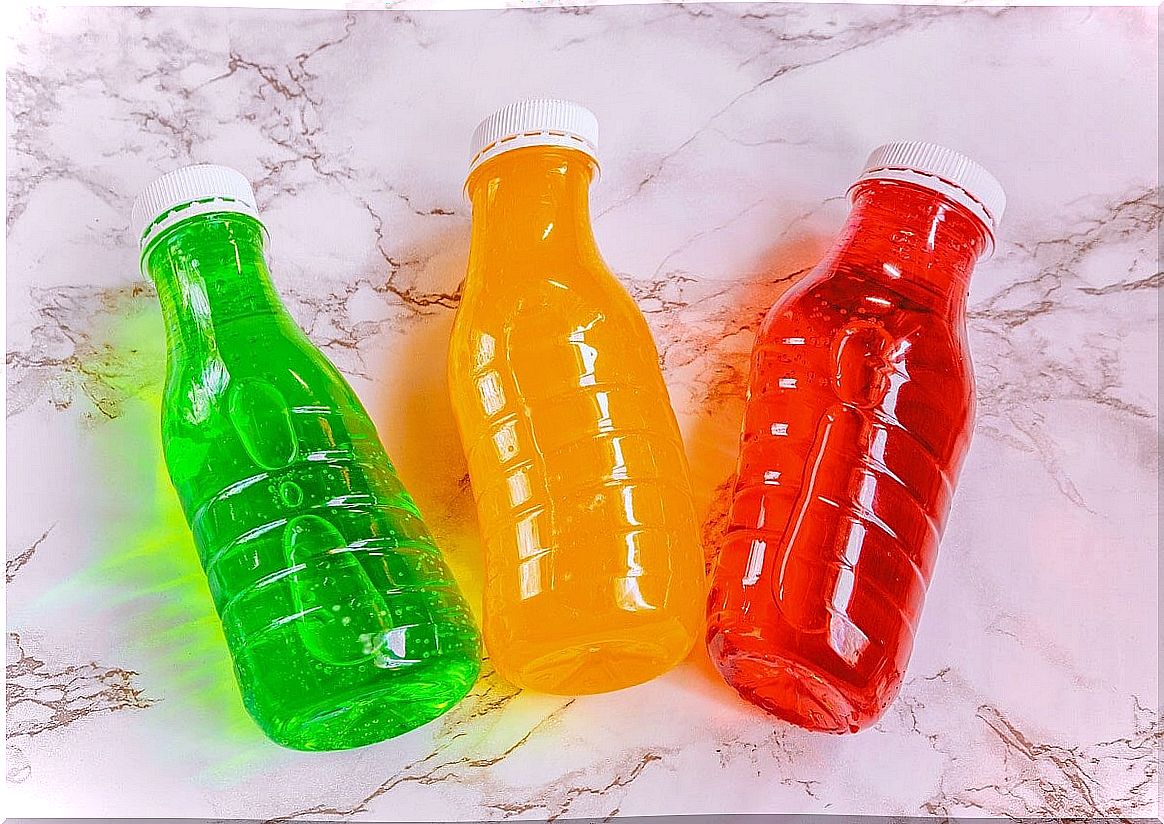
Hypertonic drinks
The sugar content of hypertonic drinks is higher than that of other sports drinks. For this reason, they are ideal for replenishing glycogen stores that decrease with intense and long-term workouts. In turn, they concentrate more mineral salts.
Due to their characteristics, they are not recommended in situations in which it is very hot or if the athlete sweats excessively. The reason? They do not replace liquids like isotonics do. Its main function is to compensate for energy expenditure.
Alternatives include the following:
- Carbohydrate shake.
- Energy drinks.
- Undiluted fruit juices.
- Malt beer.
- Refreshments.
Homemade recipe
- 1 cup of orange juice (250 ml).
- 1 pinch of salt.
Get a concentrated orange juice and add a pinch of salt. Since it is absorbed slower than water, it is best to consume it a little before training and immediately after finishing.
What to remember about drinking sports drinks?
Despite its popularity, the consumption of sports drinks is not essential for most people. In fact, in activities of less than an hour, they do not usually present greater benefits compared to rehydration with water.
Both isotonic and hypertonic drinks are formulated for athletes or people whose level of physical activity is demanding. In such cases, its intake before, during and after workouts helps to improve performance and reduce the feeling of fatigue.
In any case, the ideal thing is to consult the nutritionist to determine if they are convenient and in what quantities. Some people, such as patients with obesity, diabetes, and hypertension, need to exercise special caution. Do not ignore that these liquids make a significant caloric intake. Therefore, for many it is more convenient to drink water.
